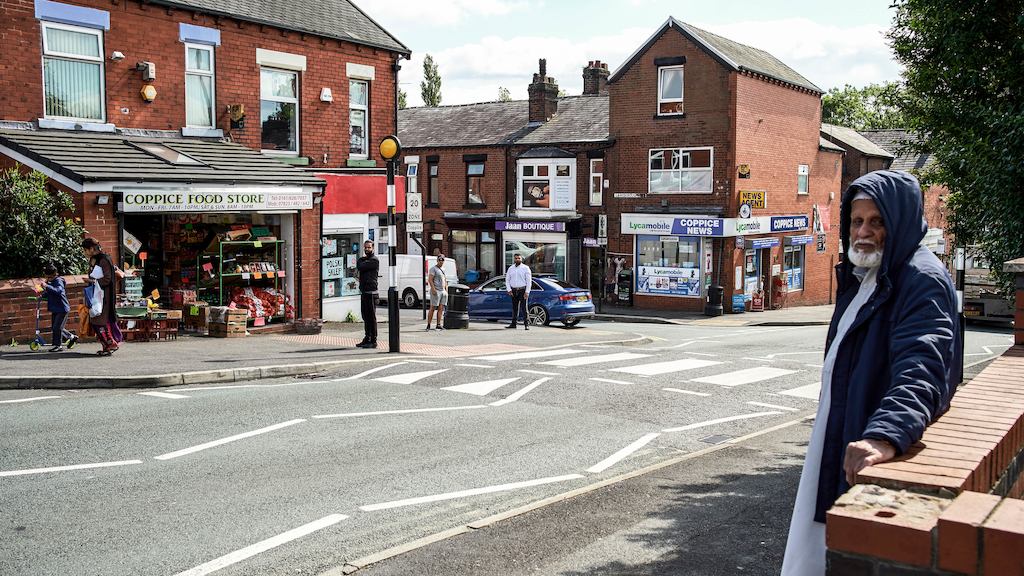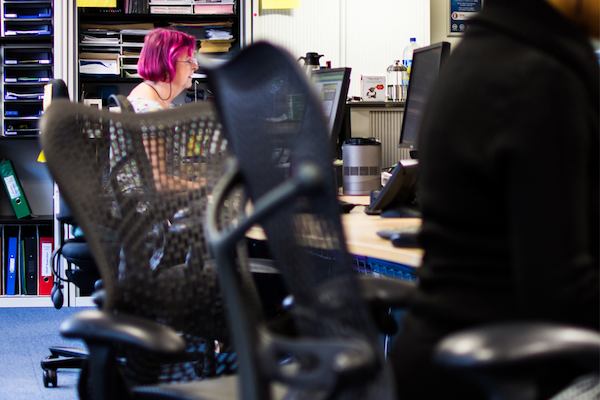Our health, as coronavirus has shown, isn’t a lottery. It has everything to do with our work, our homes, the places we live, and our economic circumstances. Ill-health is one of the primary reasons for people falling out of work early, and the least wealthy are significantly more likely to be out of work because of a health condition than the wealthiest.
Keeping active is vital to staying well throughout our lives, but as the debates around our daily exercise have demonstrated, not everyone has equal access to the means of doing that – and we know that among over 50s, wealthier people are much more likely to be physically active than those who are less well-off. And while the bricks and mortar in which we live are absolutely fundamental to our wellbeing, nearly one in five households in England are living in a home that puts their health, safety or wellbeing at risk. Those on low incomes are more likely to be living in such a home.
Recognising these inequalities is crucial to ensuring the response to coronavirus is effective and supports everyone look after their health regardless of their job or income. But this understanding must go beyond the current crisis. It’s by joining these dots that we will be able to keep our health service sustainable in the years to come – poor housing, for example, costs the NHS an estimated £1.4 billion a year. If the government paid for every non-decent home to be brought up to scratch, the savings to the NHS would pay back the cost in just eight years. The same logic applies to physical activity: supporting everyone to keep active and maintain their strength and balance would tackle a number of preventable conditions and reduce the need for social care in later life, with huge potential savings to the NHS – not to mention the huge impact on quality of life.
Coronavirus has also shown that the kind of workplace adjustments that those with health issues or disabilities need, like flexible working or the ability to work remotely, tend to be available only to those in higher-paid professions. But it has also shown how simple some of these fixes can be. So as we emerge from the other side, it’s vital that we learn these lessons and think hard about how we can make these adjustments possible for everyone who needs them.
For too long, we have seen health as a stand-alone issue. It shouldn’t have taken a national crisis like coronavirus to demonstrate the opposite – but now at least we can see that work, housing, and inequality are all public health issues. If we can learn from this, reduce inequality and tackle the causes of preventable ill-health, we will be much more resilient in the face of future health challenges. These are lessons we can’t afford not to learn.


